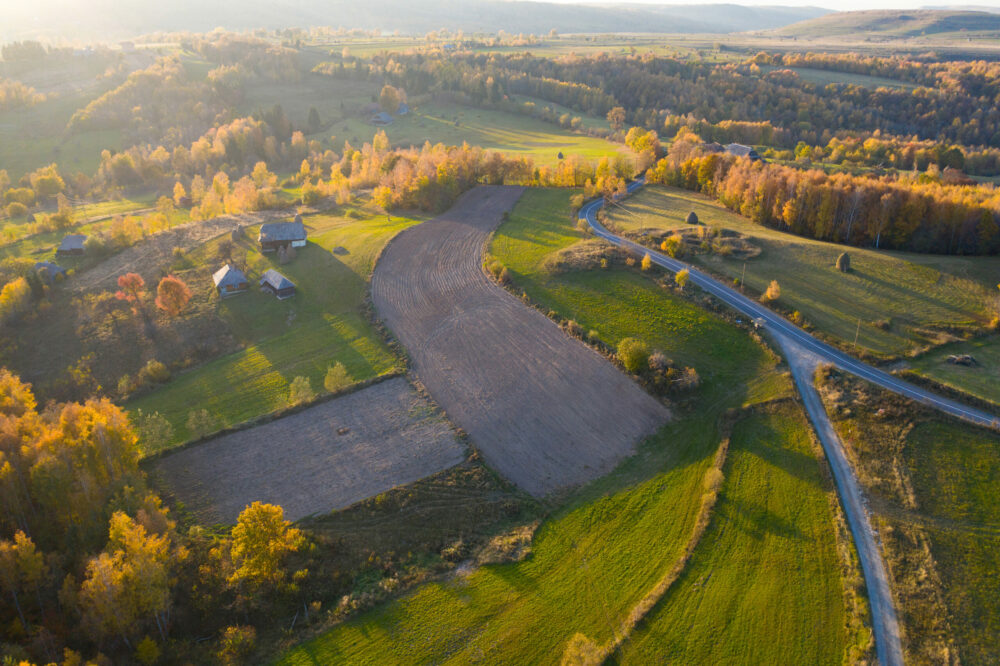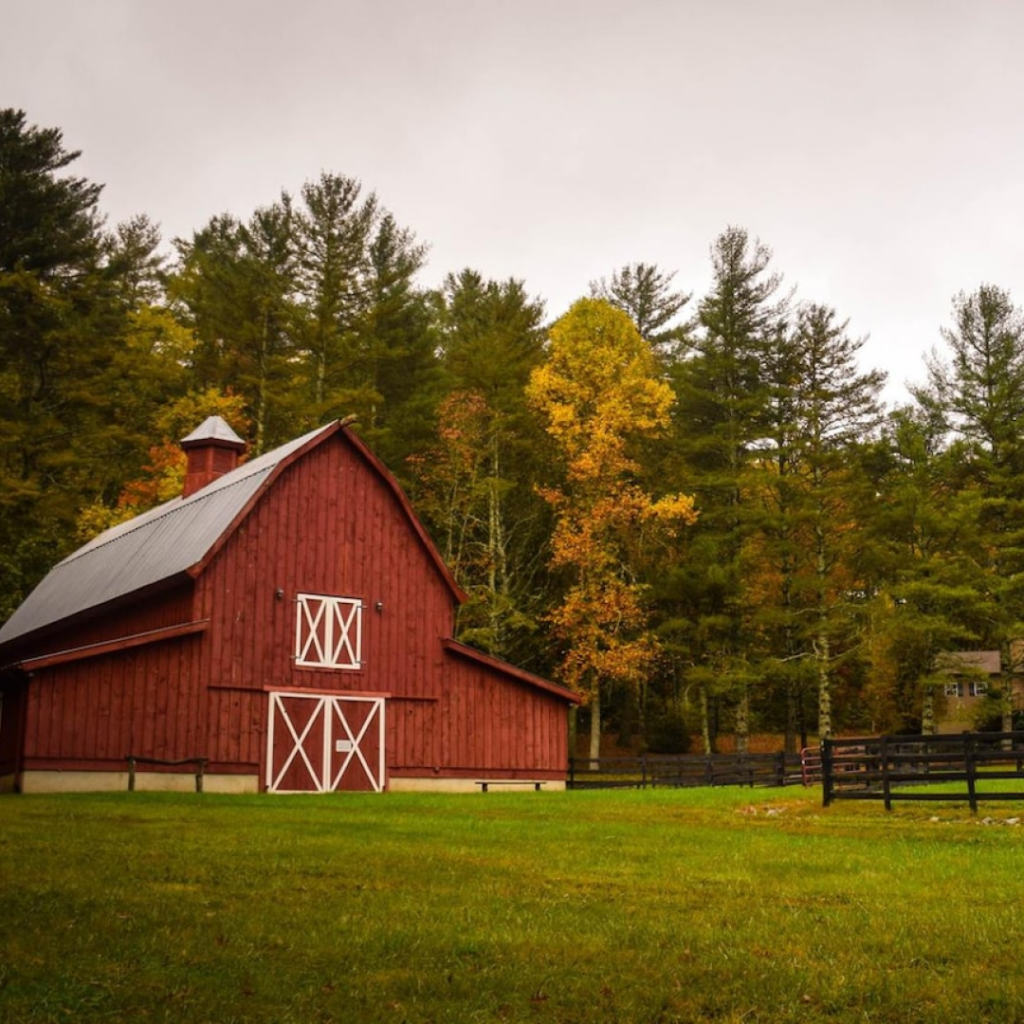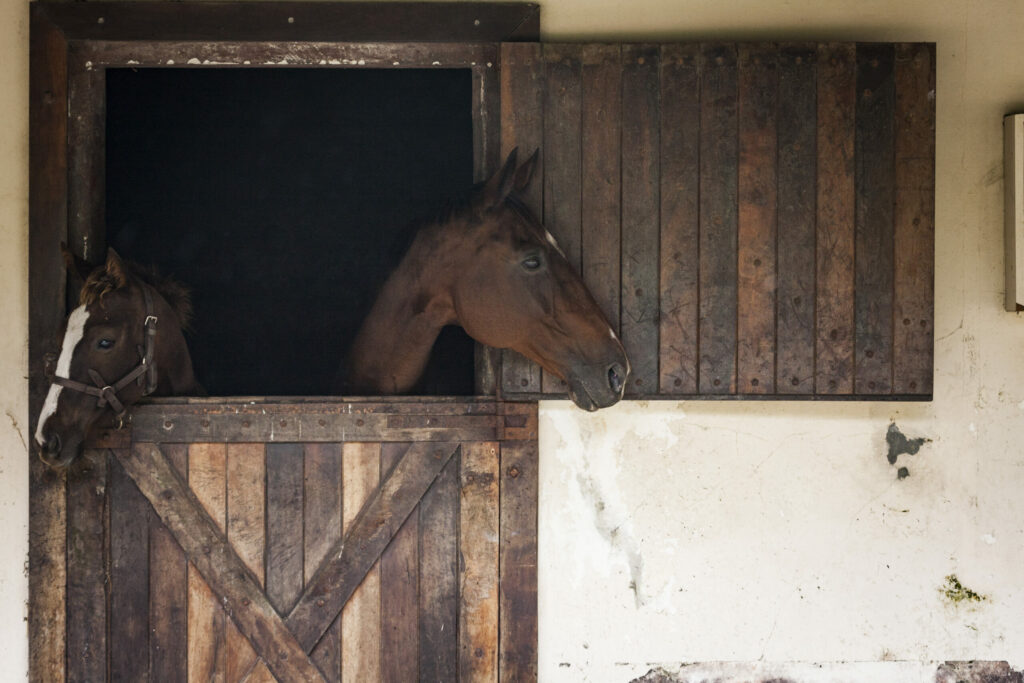
The best part about buying a plot of land is that you have complete freedom. There is so much you can do with bare land!
At United Ag Lending, we offer financing for all types of land. So no, you don’t have to be a farmer to get a land loan with us. Your land can be simply recreational—an oasis where you can explore a hobby, learn a new skill, or get away from the city.
Whether you’re buying the land for recreational purposes, to raise cattle, or start an equestrian business, it’s important to understand the three different types of agricultural land loans and how our process works so you can make smart financial decisions.
Types of land loans
There are three main types of agricultural land loans: Raw, unimproved, and improved. Understanding the attributes—including benefits and drawbacks—of each loan will help you with your land purchasing decision.
Raw Land Loans
Raw land is as it sounds: raw and bare. There are no sewer or water capabilities or road access, so you will have to figure out if you want to put in the work to change that.
Because this land is lacking utilities and structures, it is less expensive than more developed pieces of land. However, down payments and interest rates can be higher on these types of loans because it’s underdeveloped.
If you have a well-laid plan for how you will use the land, then paint us a picture. We want to hear about your ideas for your land: farm or recreational.
Unimproved Land Loans
Unimproved land is slightly more developed than raw land, but still has some significant components missing. It may have some utilities, but an electric meter and natural gas line is usually missing. There might be road access, but not always.
Since it’s not as underdeveloped as raw land, the interest rates and down payments will be slightly lower. Just like with raw land loans, we want to see your unimproved land through your eyes so make sure you have a detailed plan ready.
Improved Land Loans
Improved land has access to water, sewer, electricity, and the road. Since it has all the amenities, it is the most expensive type of land you can buy.
Because it’s the most developed type of land, the interest rates and down payments are lower. You know the drill at this point; tell us your ideas for the improved land to get the process started.
As you can tell, there are trade-offs to all types of agricultural land loans. The type of land you purchase is entirely up to you and what your goals are.
What can I do with an agricultural land loan?
When you buy a plot of land, you have complete freedom to make it into whatever you want. Some people go the farming route, others take the recreational route.
Ways some people have used their land:
- Started a dairy farm
- Expanded their equestrian property
- Established a vineyard
- Built a ranch and raised horses, sheep, and cattle
Our land loan requirements
You have tons of freedom to make your land into what you want as long as you meet our basic requirements for financing with us.
Our requirements:
- Your credit score is at least 680
- Land is a minimum of 10 acres
- Land is in a rural area (no lot loans)
- Borrow a minimum of $500,000 if there will be commercial use (can borrow a lower amount if non-commercial)
Just like with all of our loan programs, we administer agricultural land loans on a case-by-case basis. We take into account that every situation is different. Our number one priority is getting to know you so we can tailor a loan to your specific needs.
During this get-to-know-you process, the main ideas we’ll be discussing are your land location and use.
Land location
As a baseline requirement, we ensure that the land you want to purchase is a minimum of 10 acres and located in a rural area—away from neighborhoods. You’ll have plenty of space to spread out and make it your own.
Agricultural land loans we won’t accept
- Lot loans
- Land in a neighborhood
- Land for non-agricultural commercial use
- Manufactured homes (Except in special circumstances)
Land use
Since we specialize in agricultural lending, we mostly approve land that will have agricultural use, rather than solely recreational. Recreational land loans aren’t an automatic “no” to us, but we’ll definitely want to know what your goals and plans are so we can make a healthy decision for both you and us. What will you be using the land for?
Do your research
Before settling on a piece of land, research zoning and land use regulations to make sure that the activities you want to carry out on your land are allowed. If you do want to do some farming, ensure the soil is healthy and fertile to sustain your crops. Want to raise livestock? Clarify the grazeable acreage.
Does the land have to be commercial?
No! Many of our agricultural land loans are extended for commercial purposes, but other times they’re extended simply for agricultural purposes without a financially driven mission. This type of land loan may fall in our hobby farm or rural residential loan buckets, specifically if there’s a home on the land.
What can be on the land?
With this talk of homes, allow us to clarify: the land can be improved and have certain structures on it. If there is a home, though, the value of the land must be greater than the home value in order for the loan to qualify as a land loan. If you have any questions about this, send us a message or give us a call.
4 steps to success
As you digest all the information we gave you, consider your next steps for getting an ag land loan. The best thing you can do for yourself is make a plan and allow the rest (meeting us, applying, and keeping in touch) to fall into place!
Step 1: Have a plan
Consider your goals for the land, where you want it to be, and what you can contribute financially. What repayment plan might work best for you? Would you prefer adjustable or fixed rates? What is the highest amount you could contribute towards a down payment? Do you have healthy credit?
Step 2: Meet with us
Once you have some of these answers ironed out, we can set up a time to meet and talk about your plans. We’re here because we want you to have the best possible land while maintaining financial security.
What we’ll discuss:
- The purpose of the land loan
- The acreage of the land
- Whether or not there’s a residence on the land
- Land value
- Whether the land has potential for agricultural use
- Loan amount needed
- How you plan to use the funds
Step 3: Apply
After we get to know each other and our loan experts make recommendations on the loan and terms that will work best for you, we’ll help you with the application process. The numbers can be a lot to take in all at once; we’ll make sure you understand everything throughout the process. Check out our glossary to brush up on any loan lingo.
Step 4: Stay in touch
If your application is approved, you can move forward with your plans! Keep in touch with us throughout your journey. We’ll be happy to assist in any way we can; we value building long-term connections that outlive loan terms. The United Ag Lending team will always be around to answer your questions and offer any advice we have.
Tips for buying land
- Visit the land before making any financial moves
- Ensure there is road access and utility capabilities
- Consider the topography for your use; conduct soil surveys if needed
- Find a lender who specializes in agricultural loans
- Consider talking to a financial advisor to help you budget
- Research insurance packages
Finance with United Ag Lending for agricultural land loans
It’s important to understand the different types of available land so you can decide which is right for your plans. It’s equally important to understand what the borrowing process looks like with an ag lender. Whether you’re wanting to purchase land for farming or recreational purposes, our guide to getting a farm land loan is a helpful tool for your next steps.
Feeling ready to buy that piece of land?
We can be the trusted ag lender that helps you take that leap. If you’re ready to talk land loans, call us or fill out a form.
If you need to think about it some more, that’s okay, too. We are here to answer any questions that come up.


